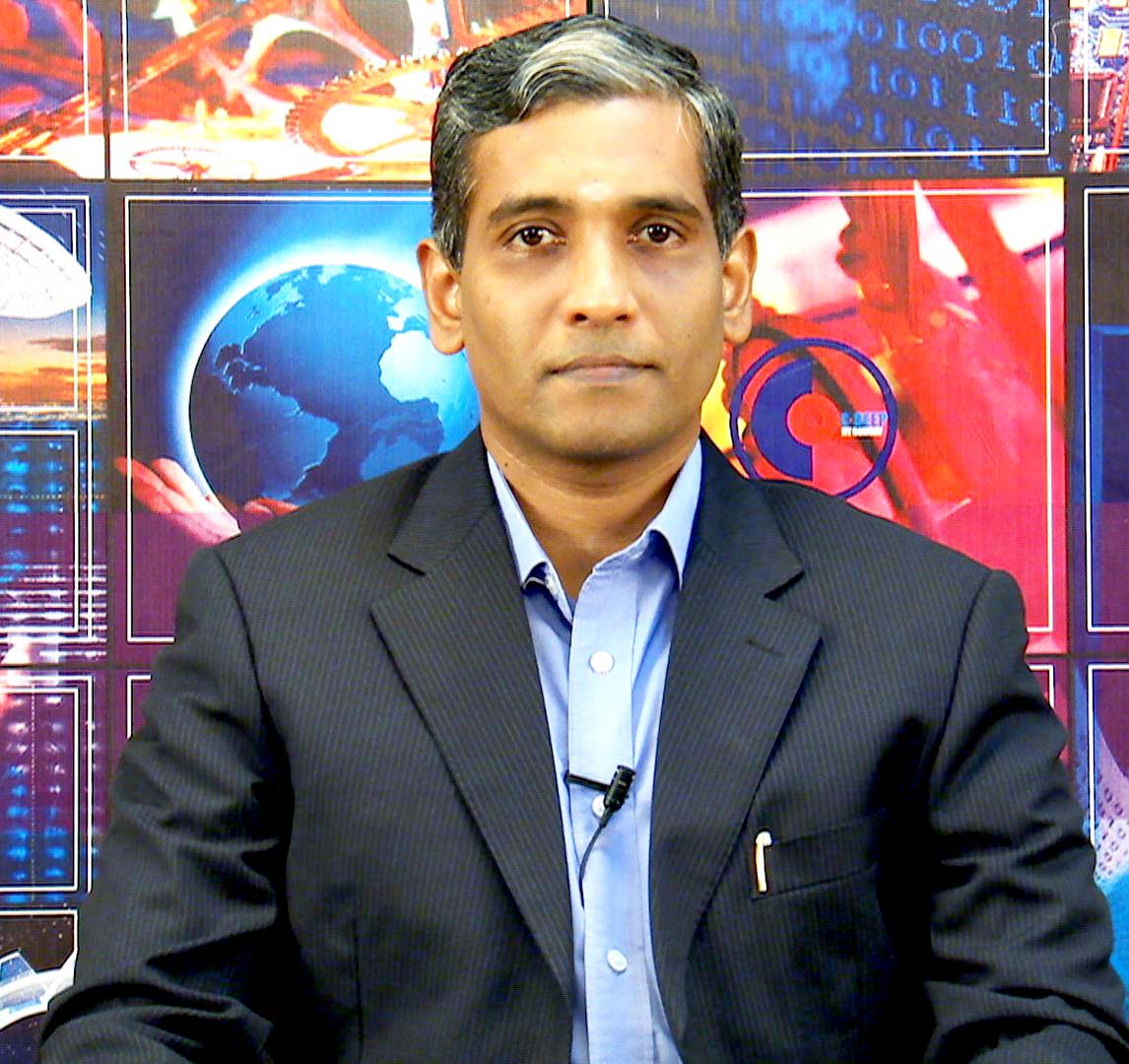Week 1
Lecture 1: Introduction
Lecture 2: Introduction to Conduction
Lecture 3: Energy Balance
Lecture 4: 1D Steadystate Conduction - Resistance Concept
Lecture 5: Resistances in Composite Wall Case
Week 2
Lecture 6: Resistances in Radial systems
Lecture 7: Heat Generation I : Plane and Cylindrical Wall
Lecture 8: Introduction to Extended Surfaces
Lecture 9: Extended Surfaces I : General formulation
Lecture 10: Extended Surfaces II - Uniform Cross-sectional Area
Week 3
Lecture 11: Extended Surfaces III – Varying Cross-section area
Lecture 12: 2D Plane wall
Lecture 13: Transient Analyses I : Lumped Capacitance Method
Lecture 14: Transient Analyses II : Full Method
Lecture 15: Transient Analyses : Semi-infinite Case
Week 4
Lecture 16: Introduction to Convective Heat Transfer
Lecture 17: Heat and Mass Transport Coefficients
Lecture 18: Boundary Layer : Momentum,Thermal and Concentration
Lecture 19: Laminar and Turbulent Flows ; Momentum Balance
Lecture 20: Energy and Mass Balances ; Boundary Layer Approximations
Week 5
Lecture 21: Order of Magnitude Analysis
Lecture 22: Transport Coefficients
Lecture 23: Relationship between Momentum,Thermal and Concentration boundary Layer
Lecture 24: Reynolds and Chilton-Colburn Analogies
Lecture 25: Forced Convection : Introduction
Week 6
Lecture 26: Flow Past Flat Plate I – Method of Blasius
Lecture 27: Flow Past Flat Plate II - Correlations for Heat and Mass Transport
Lecture 28: Flow Past Cylinders
Lecture 29: Flow through Pipes I
Lecture 30: Flow through Pipes II
Week 7
Lecture 31: Flow through Pipes III
Lecture 32: Flow through Pipes IV – Mixing-cup Temperature
Lecture 33: Flow through Pipes V – Log mean Temperature difference
Lecture 34: Flow through Pipes VI – Correlations for Laminar and Turbulent Conditions
Lecture 35: Example problems : Forced Convection
Week 8
Lecture 36: Introduction to Free/Natural Convection
Lecture 37: Heated plate in a quiescent fluid- I
Lecture 38: Heated plate in a quiescent fluid- II
Lecture 39: Boiling I
Lecture 40: Boiling II
Week 9
Lecture 41: Condensation : I
Lecture 42: Condensation : II
Lecture 43: Radiation : Introduction
Lecture 44: Spectral Intensity
Lecture 45: Radiation : Spectral properties,Blackbody
Week 10Lecture 46: Properties of a Blackbody
Lecture 47: Surface Adsorption
Lecture 48: Kirchoff’s Law
Lecture 49: Radiation Exchange - View Factor
Lecture 50: View Factor Examples
Week 11 Lecture 51: View factor - Inside Sphere Method, Blackbody Radiation Exchange
Lecture 52: Diffuse, Gray Surfaces in an Enclosure
Lecture 53: Resistances - Oppenheim matrix method
Lecture 54: Resistances - Examples
Lecture 55: More Examples : Volumetric Radiation
Week 12Lecture 56: Introduction and Examples
Lecture 57: Parallel Flow Heat Exchangers
Lecture 58: LMTD I
Lecture 59: Shell and Tube Heat Exchangers
Lecture 60: Epsilon-NTU Method

DOWNLOAD APP
FOLLOW US